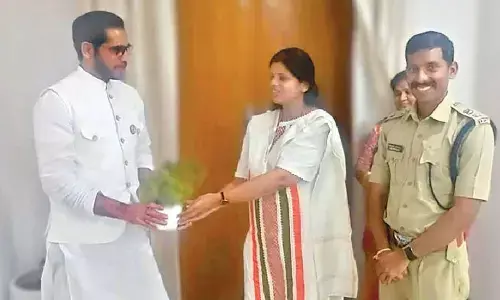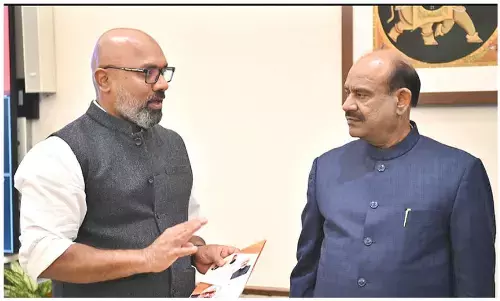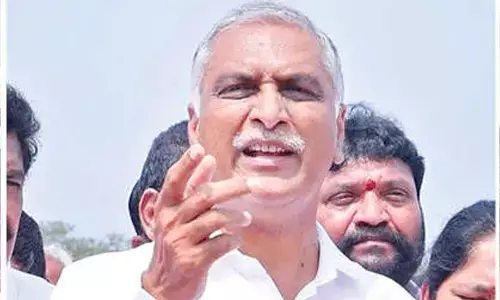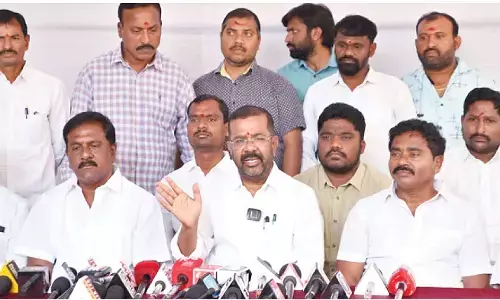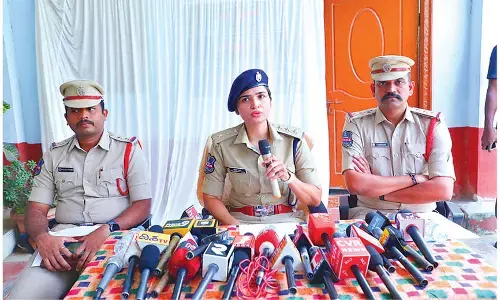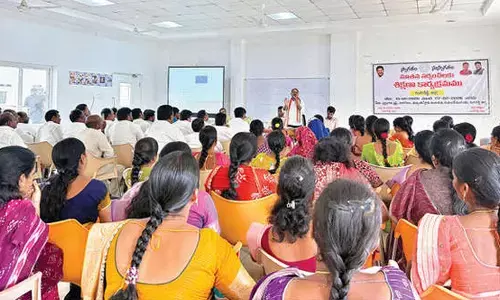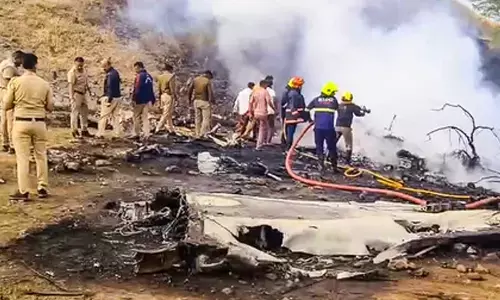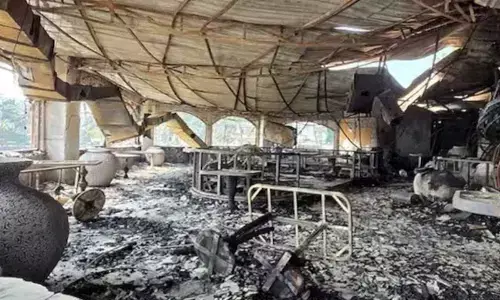Delhi High Court shocked over JNU knowing nothing about agitating students
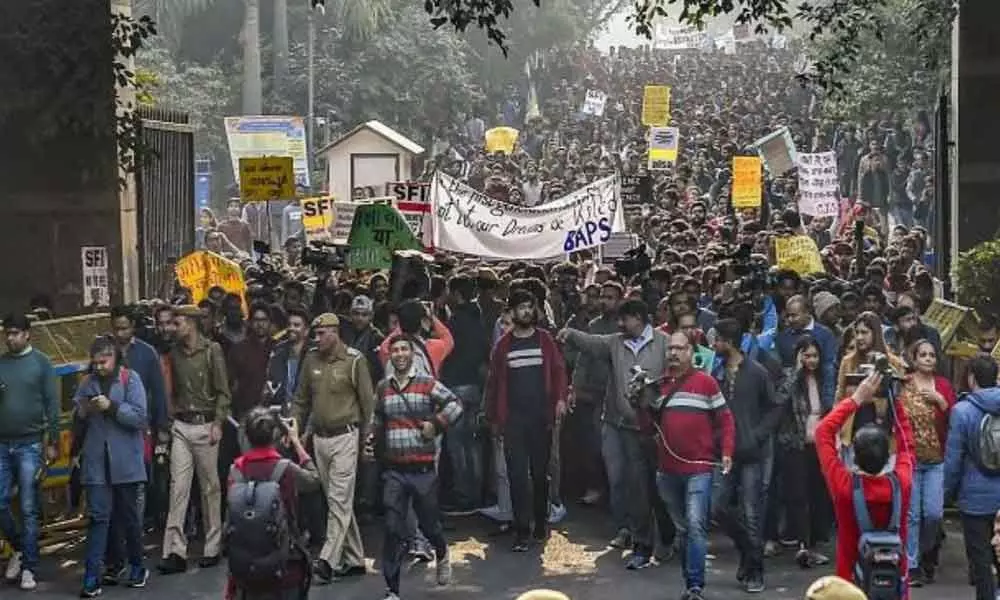
The Delhi High Court Friday described as "shocking" that the Jawaharlal Nehru University had no idea about the academic details of the students against whom it has filed a contempt petition for protesting within 100 metres of its administrative block.
New Delhi (PTI): The Delhi High Court Friday described as "shocking" that the Jawaharlal Nehru University had no idea about the academic details of the students against whom it has filed a contempt petition for protesting within 100 metres of its administrative block.
Justice A K Chawla directed the university to file an affidavit giving details of the students named in the contempt petition, including their courses, its status and duration of stay in the campus. The court listed the matter for hearing on next Friday. "It is shocking you file a contempt and you don't know anything about the students, one of whom was convicted for contempt last year also. "You only know the room numbers (of the students)," the court said, after the Registrar of JNU and other officials, present in the hearing, were unable to give details about one of the nine students -- Geeta Kumari -- who according to the varsity was last year held guilty of contempt by the high court for protesting near the administrative block.
"How long she has been studying there? Shouldn't the Registrar know? Is that not a basic thing? Do you know which course she or others are studying? No? Why not," the court said. It asked about the student's details after central government standing counsel Monika Arora, appearing for JNU, said that Kumari was last year held guilty of contempt by the high court for being part of a agitating group that blocked access to the admin block. Arora told the court that in August 2017, the high court had directed that students will not hold protests within 100 meters of the administrative block and will not block access to it.
The high court had also directed the police to intervene and provide assistance if and when protesting students block access to the block, she said and added that since October 28 this year, despite repeated requests by JNU, the police did not come to its aid. Hence, both the agitating students and police have violated the high court's August 9, 2017 order, she said. "So one statutory authority not recognising request of another statutory authority and court's intervention is required," it observed.
JNU's contentions were opposed by Delhi government standing counsel Ramesh Singh, who appeared for the police, saying the petition was an attempt to "browbeat" the agency. "This is browbeating. Complete browbeating. How can contempt be filed against Commissioner of Delhi Police when JNU has made the requests to the SHO. SHO could have been made a party. In such sensitive matters, some sensitivity should be shown," he said. The court, however, disagreed with Singh's contentions, saying in service matters often Chief or Principal Secretaries are made a party.
"Where you need to be sensitised, you get sensitive there. Don't get sensitive here," the court further said to the police. During the hearing, Arora also told the court that protesting students had locked down the admin block, ransacked it and prevented non-agitating students from taking exams. She said the students were cleared from within 100 meters of the block on December 11 only after the high court directed so on December 10 in another matter.
In the other matter, JNU had told the high court that it was unable to file an affidavit as protesting students have blocked access to the admin block. Subsequently, the high court had directed police to provide security to the JNU officials, including its Registrar and Vice Chancellor, to enter the admin block and to cordon off a 100 meter radius area from the building, so no protests are held there.



